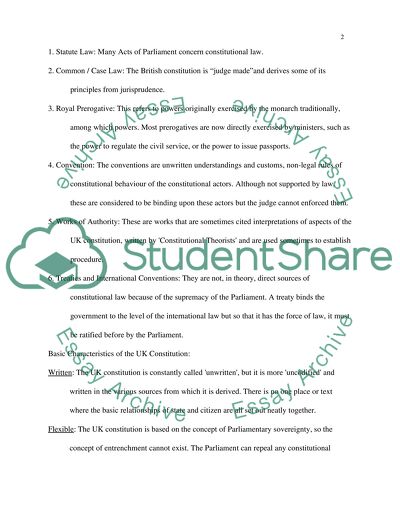Cite this document
(“The British Has A Constitution Essay Example | Topics and Well Written Essays - 1750 words”, n.d.)
Retrieved de https://studentshare.org/politics/1523799-the-british-has-a-constitution
Retrieved de https://studentshare.org/politics/1523799-the-british-has-a-constitution
(The British Has A Constitution Essay Example | Topics and Well Written Essays - 1750 Words)
https://studentshare.org/politics/1523799-the-british-has-a-constitution.
https://studentshare.org/politics/1523799-the-british-has-a-constitution.
“The British Has A Constitution Essay Example | Topics and Well Written Essays - 1750 Words”, n.d. https://studentshare.org/politics/1523799-the-british-has-a-constitution.


